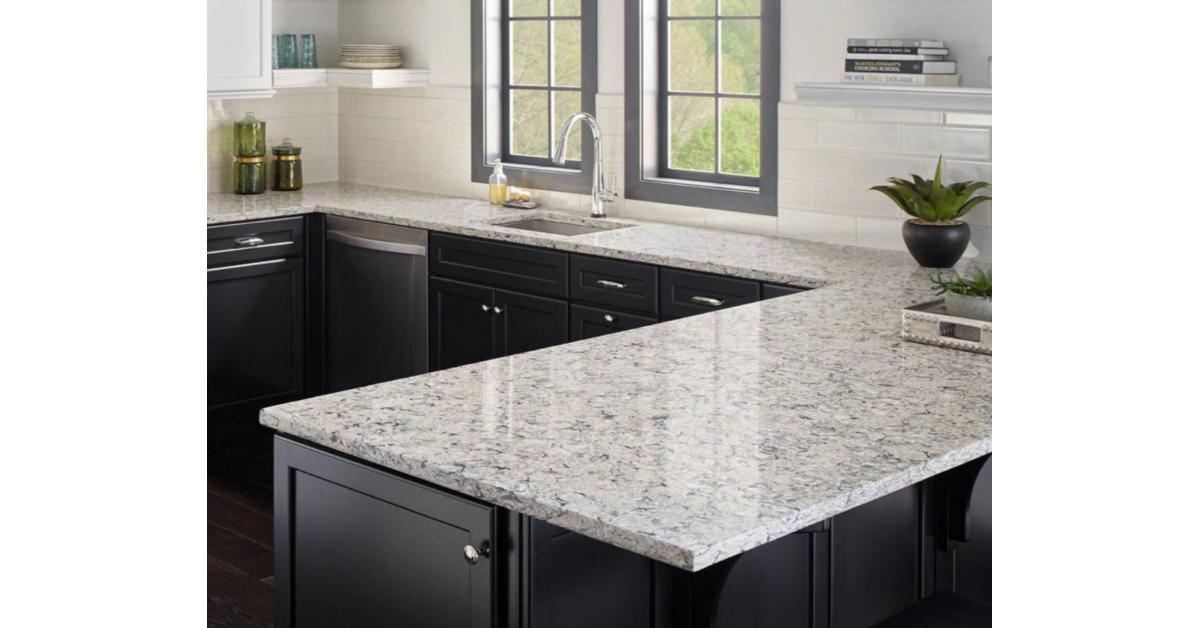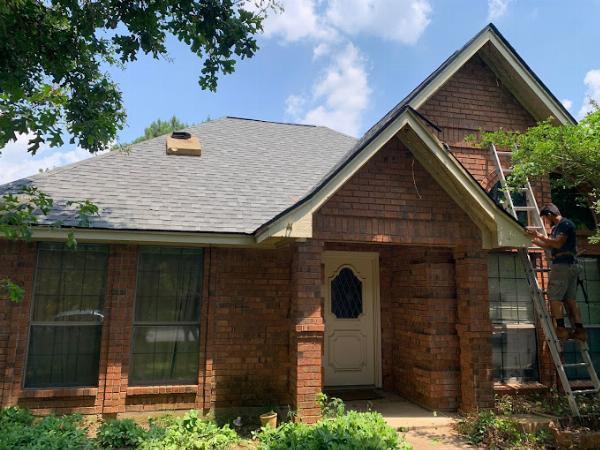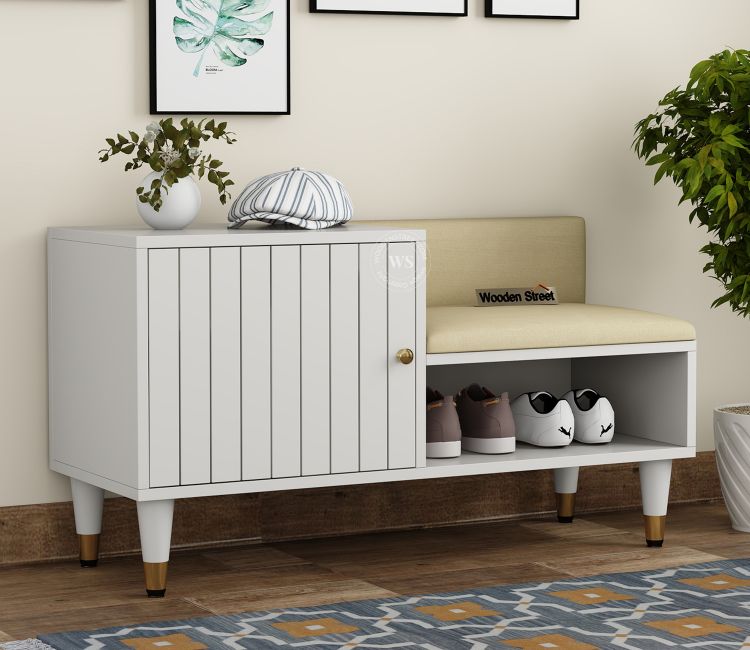Best Practices for Kitchen Countertop Installation

Strong 8k brings an ultra-HD IPTV experience to your living room and your pocket.
Installing new kitchen countertops can transform the look and functionality of your space. Whether you're considering a custom kitchen countertop installation or looking for affordable kitchen countertop installation options, following best practices ensures a flawless result. This guide covers everything from material selection to hiring the best kitchen countertop installers, helping you achieve a professional-grade finish while staying within budget.
1. Choosing the Right Countertop Material
The first step in any successful installation is selecting the right material. Popular options include:
Granite
Pros: Durable, heat-resistant, natural beauty
Cons: Requires sealing, higher cost
Quartz
Pros: Non-porous, low maintenance, wide color selection
Cons: Less heat-resistant than granite
Laminate
Pros: Budget-friendly, easy to install
Cons: Less durable, can scratch or chip
Butcher Block
Pros: Warm, rustic look, can be sanded and refinished
Cons: Requires regular oiling, not ideal for wet areas
Pro Tip: For a truly unique look, consider a custom kitchen countertop installation with mixed materials.
2. Measuring & Planning Your Installation
Accurate Measurements
Measure the length, width, and depth of your counter space.
Account for overhangs (typically 1-1.5 inches for seating).
Mark cutouts for sinks, cooktops, and faucets.
Layout Considerations
Ensure seams (if needed) are placed in low-visibility areas.
Plan for backsplash alignment.
For Complex Layouts: Hiring the best kitchen countertop installers ensures precision.
3. Preparing the Base Cabinets
A sturdy foundation is critical for long-lasting countertops:
✔ Check for Level: Use a 4-foot level to confirm cabinets are even.
✔ Reinforce Weak Spots: Add plywood or braces under heavy stone countertops.
✔ Clear the Area: Remove appliances and disconnect plumbing if needed.
DIY vs. Professional Help: If unsure about prep work, consult affordable kitchen countertop installation services.
4. Step-by-Step Installation Guide
Step 1: Dry Fit the Countertop
Place slabs on cabinets to check fit before final installation.
Adjust cutouts as needed.
Step 2: Apply Adhesive
Use silicone or construction adhesive for laminate.
For stone, use epoxy or thinset mortar.
Step 3: Secure the Countertop
Clamp sections together (for multi-piece installations).
Ensure seams are tight and level.
Step 4: Install Backsplash (If Applicable)
Apply adhesive and press firmly against the wall.
Use spacers for even grout lines.
Step 5: Seal & Finish
Seal natural stone (granite, marble) to prevent stains.
Caulk edges where countertop meets the wall.
For Flawless Results: The best kitchen countertop installers use laser levels and specialized tools.
5. Common Mistakes to Avoid
❌ Incorrect Measurements → Leads to gaps or ill-fitting pieces.
❌ Poor Seam Placement → Visible seams ruin aesthetics.
❌ Skipping Sealing → Causes stains in porous materials.
❌ Uneven Base Cabinets → Results in wobbly countertops.
Quick Fix: If errors occur, some affordable kitchen countertop installation companies offer repair services.
6. When to Hire Professional Installers
While DIY is possible for laminate, stone countertops often require pros:
✔ Heavy Materials (granite, quartz need specialized handling).
✔ Custom Edges (waterfall, bullnose, or mitered edges).
✔ Complex Cutouts (for farmhouse sinks or cooktops).
Cost Tip: Compare quotes from multiple best kitchen countertop installers to balance quality and price.
7. Finding Affordable Kitchen Countertop Installation
Quality installation doesn’t have to break the bank:
✅ Choose Local Fabricators – Often cheaper than big-box stores.
✅ Opt for Remnants – Leftover stone slabs can be deeply discounted.
✅ Bundle Services – Some installers offer discounts for countertop + backsplash packages.
Average Costs:
Laminate: $20–$50/sq. ft.
Quartz: $50–$120/sq. ft.
Granite: $40–$100/sq. ft.
8. Benefits of Custom Kitchen Countertop Installation
Tailored countertops offer:
✔ Unique Designs – Match your exact style preferences.
✔ Optimal Use of Space – Perfect fit for irregular layouts.
✔ Higher Home Value – Custom touches appeal to buyers.
Best For: Homeowners wanting a one-of-a-kind kitchen.
Final Thoughts
Following these best practices for kitchen countertop installation ensures a beautiful, functional result. For simple projects, DIY may suffice, but for stone or custom kitchen countertop installation, trust the best kitchen countertop installers. If budget is a concern, research affordable kitchen countertop installation options without sacrificing quality.
FAQs About Kitchen Countertop Installation
1. How long does countertop installation take?
Laminate: 1 day
Stone (granite/quartz): 2–3 days (includes templating & fabrication)
2. Can I install new countertops over old ones?
Possible with laminate, but not recommended for stone (adds too much weight).
3. What’s the most durable countertop material?
Quartz wins for durability + low maintenance, while granite is best for heat resistance.
Note: IndiBlogHub features both user-submitted and editorial content. We do not verify third-party contributions. Read our Disclaimer and Privacy Policyfor details.







